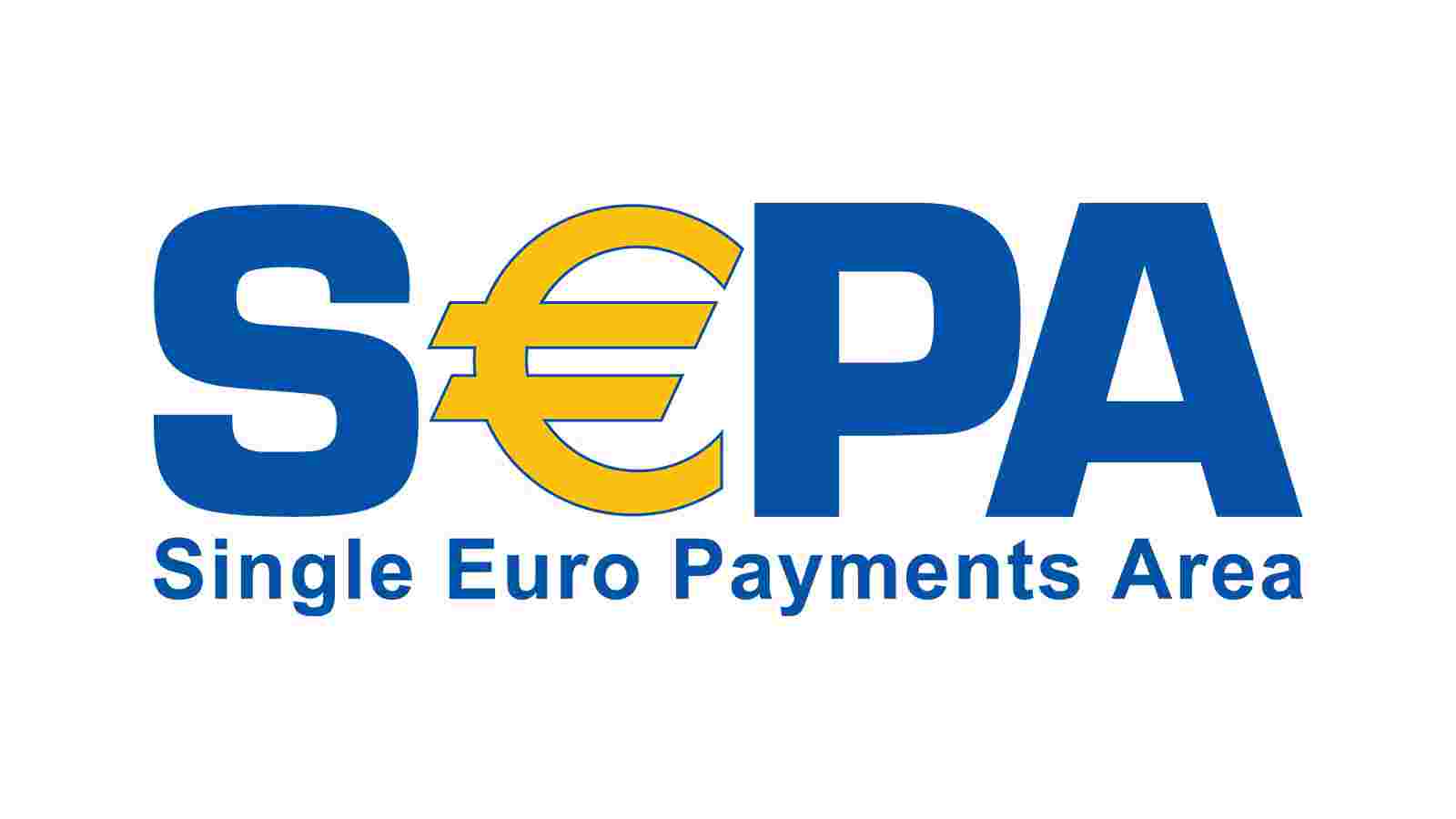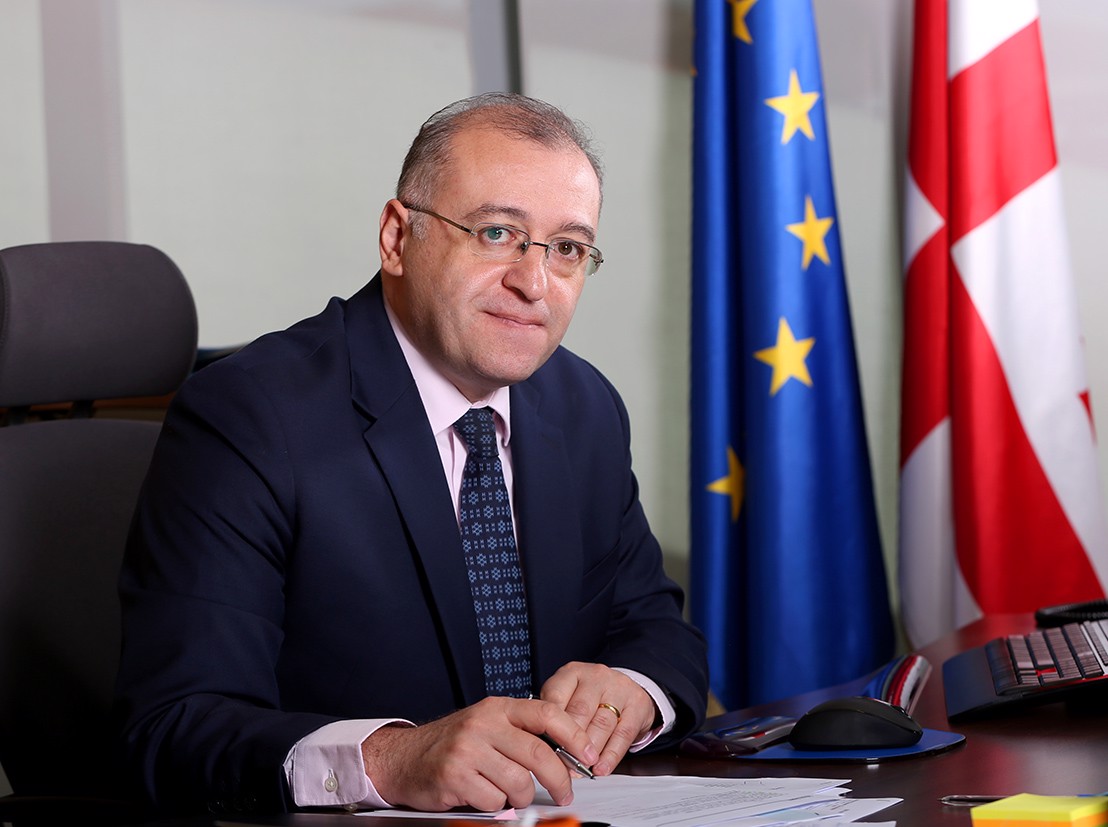
NBG Applies for SEPA Membership
Today, the National Bank of Georgia submitted the official application for Georgia's membership of the Single Euro Payment Area (SEPA). Joining SEPA is an important step on the path of Georgia's European integration. Georgia is the first country in the region to apply for joining the Euro payments area. The team of the National Bank of Georgia worked closely with various Government agencies on filling out the application.
The goal of the SEPA project is to harmonize electronic payments in Euro across Europe and create a unified and standardized system of payments. It removes technical, legal and market barriers between member countries and enables consumers and businesses to make electronic payments in euro under the same basic conditions, giving them the same rights and responsibilities, regardless of which member state they are located in.
Georgia's SEPA membership will be beneficial in several aspects: the credibility of Georgia's financial sector in the international arena will increase considerably, trade relations with the European Economic Area will become easier, and Georgian citizens will benefit from simplified cheaper services, which is especially important, considering (among other things) the growing trend of remittances from EU countries.

From 2020, non-EU and Eurozone countries are eligible to join the SEPA geographical area, as long as the country meets the criteria of the European Payment Council (EPC). These criteria are presented in several subcategories. The applicant must prove that the country they represent has close economic and legal relations with the European Union; also, that the legislation governing the payments and the financial sector, competition and personal data protection is functionally equivalent to the EU legislation. The applicant must additionally demonstrate the proven ability to complete transactions in euro and show the volume of transfers.
The application for membership is being reviewed by the European Payments Council and a decision is made in consultation with the European Commission. The European Payments Council meets 4 times a year. The estimated period of holding the next session is November of this year.